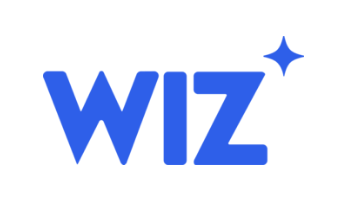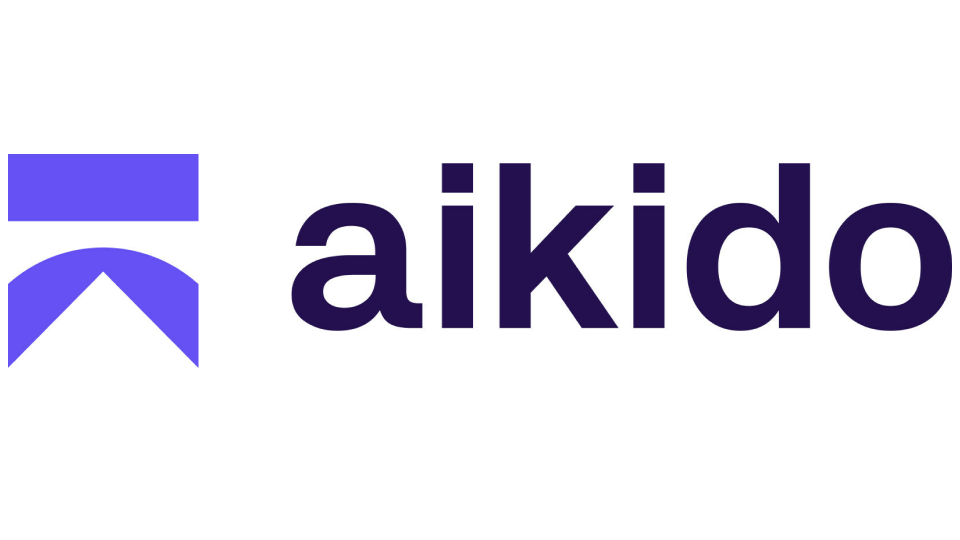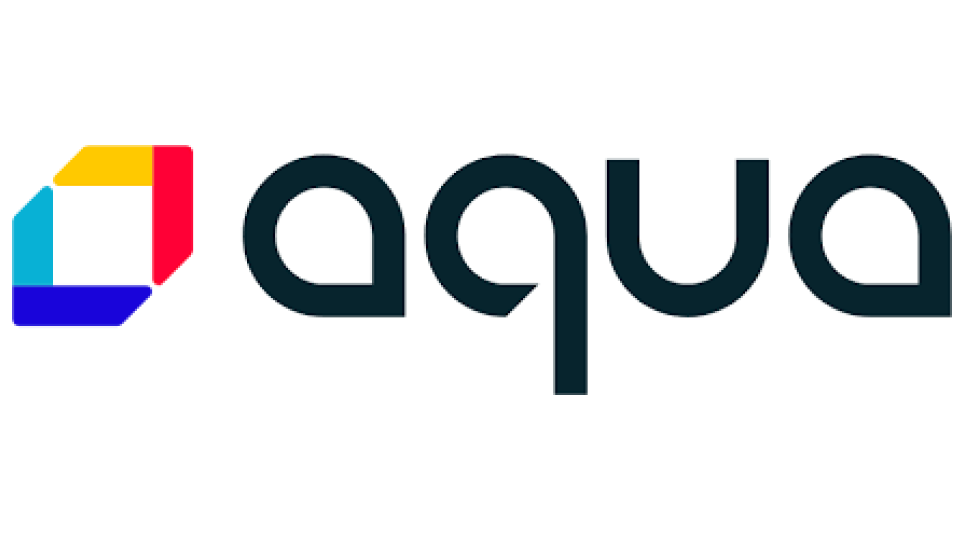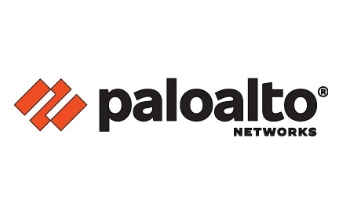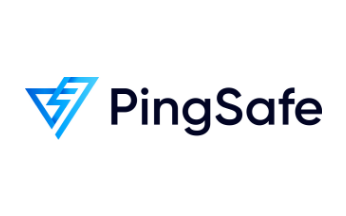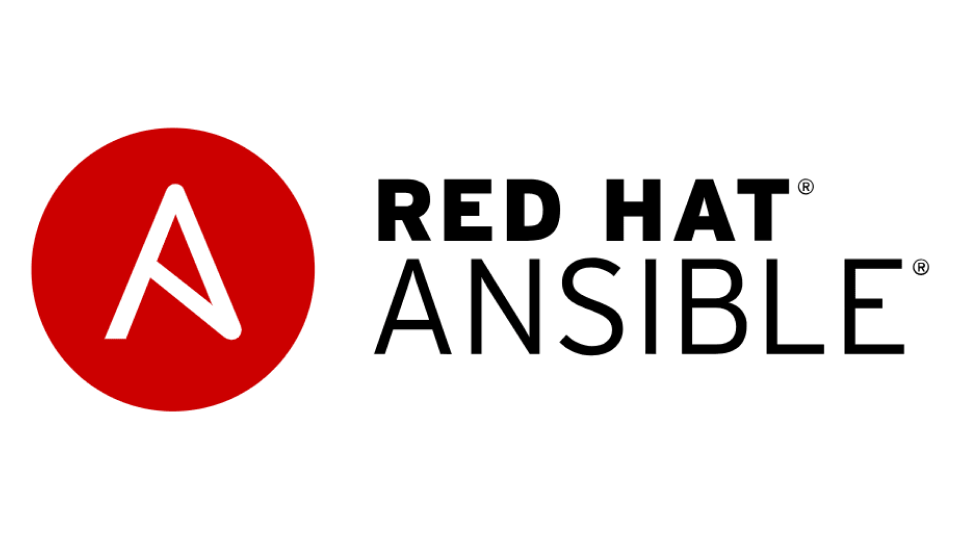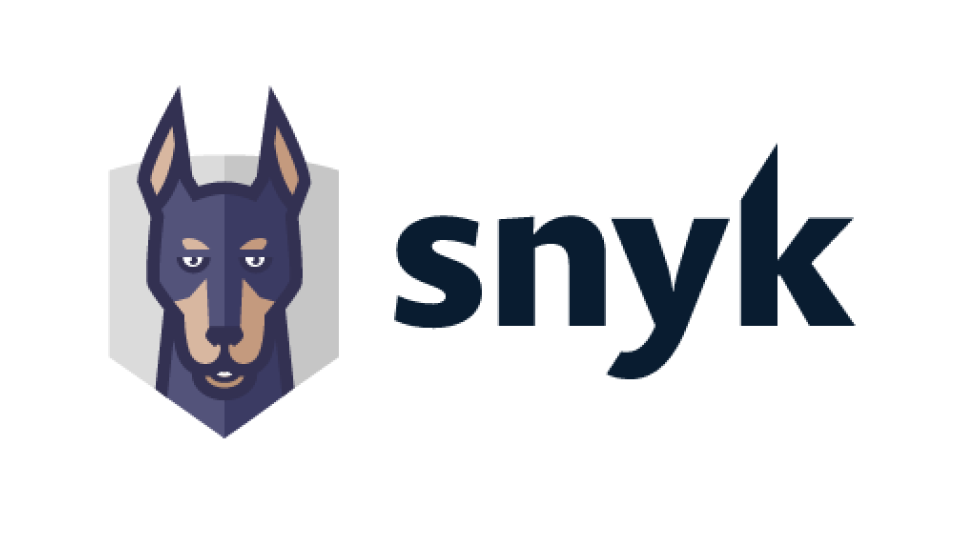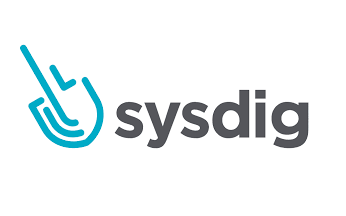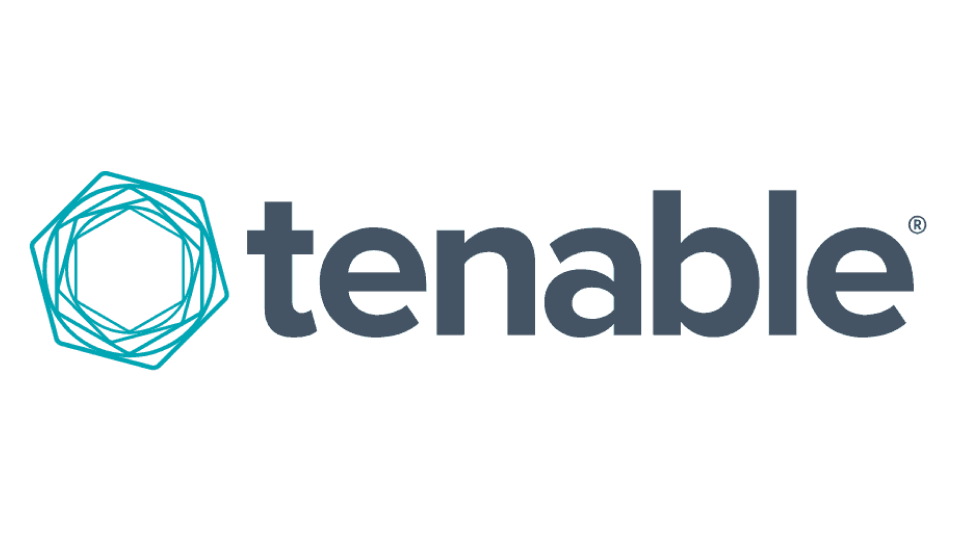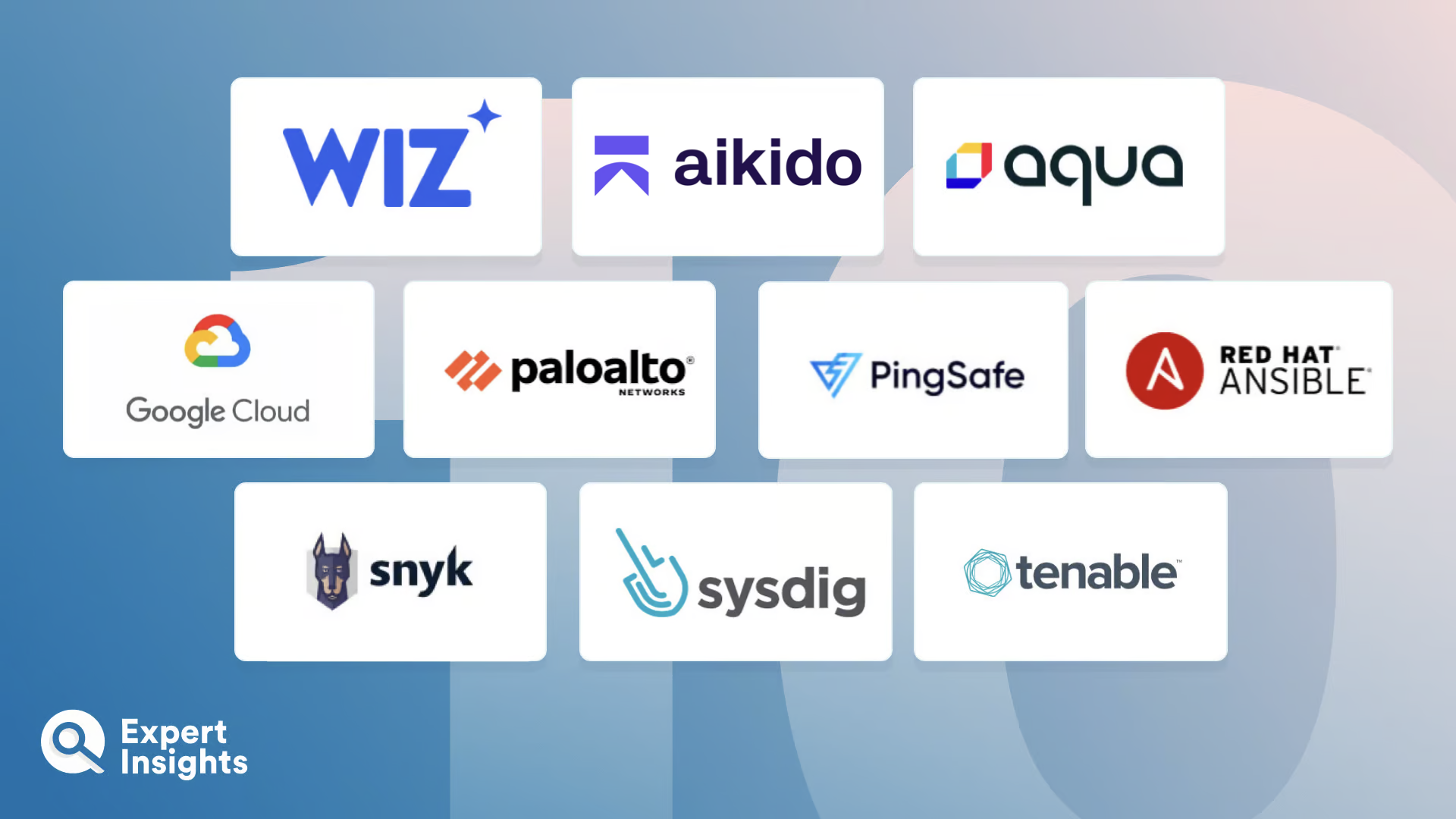Container security tools play a critical role in helping organization to adopt and secure their containerized and micro-service architecture. These tools aim to protect containerized applications from vulnerabilities, malware, and security breaches, while ensuring compliance and safeguarding sensitive information. The benefits of container security tools include improved container orchestration, vulnerability management, access control, and seamless integration with existing CI/CD pipelines.
Containers, and their respective orchestration platforms, such as Kubernetes and Docker, have transformed the way organizations develop, deploy, and manage applications. They provide flexibility, scalability, and consistency in delivering applications across various environments. However, this type of technology also introduces new security challenges that need to be addressed in order to maintain a secure and compliant infrastructure.
The container security market is rapidly growing, with numerous vendors offering diverse solutions to address the unique security challenges posed by container environments. This guide will explore the top container security tools, highlighting their notable features, capabilities, and industry reputation.



